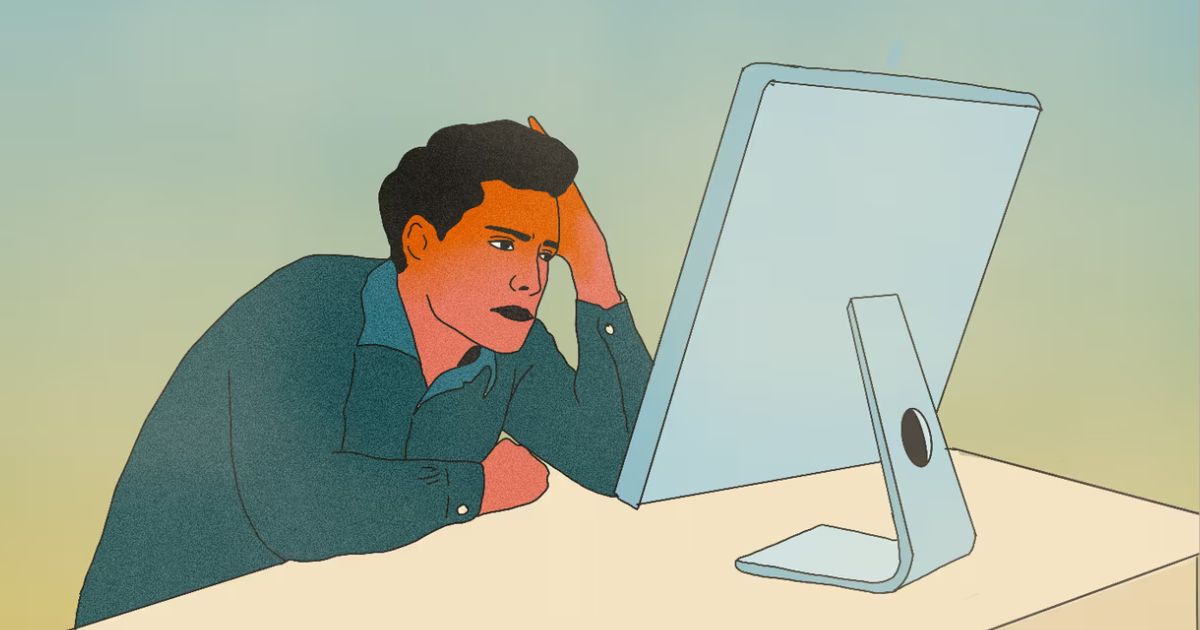Ever wondered if your relationship is toxic or just facing the usual ups and downs? Let’s dive into understanding toxic relationships and their signs for solutions.
The term “toxic” has gained widespread use in recent years, prompting individuals to quickly label others as toxic without a clear understanding of what constitutes a genuinely toxic relationship.
While heightened awareness of abusive dynamics is positive, it is essential to distinguish between challenging relationships and genuinely toxic ones.
Defining Toxic Relationships
A toxic relationship is one that erodes an individual’s mental, emotional, and spiritual well-being over time, potentially even affecting their physical health due to chronic stress.
Some signs of toxicity, such as physical, sexual, or verbal abuse, are unmistakable and necessitate immediate action, like ending the relationship or devising a safe exit strategy. However, subtler signs, such as devaluation, disrespect, or a lack of accountability, can be harder to discern.
Stephanie Sarkis, a psychotherapist and author, emphasizes that truly toxic relationships are characterized by enduring behavioral patterns, often revolving around control and power dynamics.
It goes beyond typical disagreements; it’s about one person trying to gain dominance over the other. It is not merely an isolated incident, a respectful disagreement, or someone momentarily acting out of character.
It’s crucial to consider life circumstances that might temporarily make someone appear toxic when, in reality, they are not. Significant losses, overwhelming stress, or mental health challenges can lead to behaviors that resemble toxicity.
Chelsey Cole, a psychotherapist and author, points out that difficulties in active listening and expressing needs and wants are common relationship challenges and should not be automatically labeled as toxic.
Indicators of a Toxic Relationship
To determine if a relationship is genuinely toxic, individuals can ask themselves some key questions:
- Ownership of Behavior: Does the partner take responsibility for their actions or constantly make excuses? Toxic individuals tend to deflect blame and make consistent excuses.
- Overall Feelings: How does one feel most of the time in the relationship? In a toxic relationship, negative behaviors typically outweigh positive ones.
- External Perspectives: What do non-toxic friends and family say about the relationship? Pay heed to their concerns if they express worry.
- Communication and Reaction: Observe how the partner reacts when concerns are shared using “I” statements. Are they willing to understand your viewpoint, even if you disagree? Healthy relationships allow for differing perspectives with respect and compassion.
- Growth and Change: Has the partner demonstrated concrete efforts to change their behavior over time? Monitor your feelings toward the relationship in the coming weeks or months to assess any positive or negative changes.
In conclusion, distinguishing between a toxic relationship and normal human interactions is crucial for maintaining mental, emotional, and physical well-being. While challenges are inherent in any relationship, it is vital to recognize and address truly toxic dynamics for the sake of personal growth and happiness.








Leave a Reply
You must be logged in to post a comment.